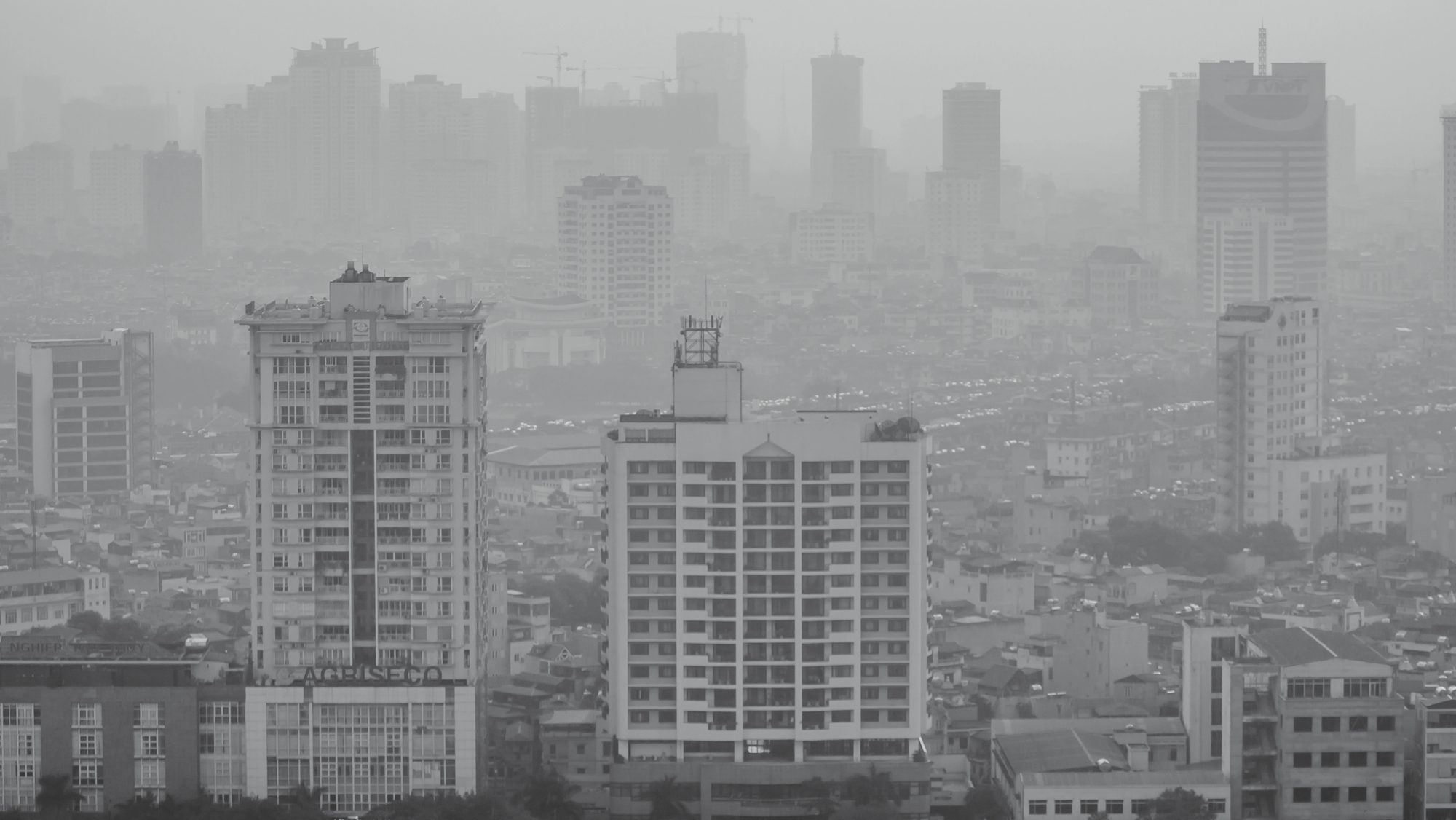THAILAND: Governor Chadchart Sittipunt is set to announce a new work-from-home policy aimed at curbing the city’s chronic PM2.5 fine dust pollution.
According to the Bangkok Post, this move comes alongside an expansion of the Bangkok Metropolitan Administration’s (BMA) clean air shelter initiative, adding more schools to the list of protected areas.
With air quality in Bangkok remaining a growing concern, these measures are part of a broader strategy to safeguard public health and reduce the city’s exposure to harmful pollution levels.
Improved air quality, but worsening conditions ahead
On Sunday, Governor Chadchart shared encouraging news regarding the city’s air quality, reporting that PM2.5 levels had dropped to an average of 24.9 micrograms per cubic meter (µg/m³) thanks to favourable weather conditions, strong winds, and high ventilation rates.
However, he cautioned that dust levels are expected to rise again by Wednesday, prompting the BMA to take precautionary measures to protect residents.
The Governor revealed plans to simplify the work-from-home policy, making it easier for employees in both public and private sectors to participate voluntarily.
This initiative is designed to improve air quality and reduce traffic congestion, one of the major contributors to rising PM2.5 levels.
The details of the new work-from-home guidelines will be revealed with a focus on creating a collaborative effort between the public and private sectors to reduce pollution.
Expanding clean air shelters and promoting sustainability
In parallel with this effort, the BMA is expanding its clean-air shelter project to include more schools across the city. Initially, 32 schools will participate in the initiative, with plans to increase this number to 437 in the near future.
The BMA is partnering with organizations like the Thai Health Promotion Foundation, the Department of Health, and Fulfill Social Enterprise Limited Partnership to provide air quality monitors to schools.
To date, 382 monitors have been distributed, with the remaining kits currently being delivered.
Additionally, the BMA’s Department of Education is working on creating “dust-free” classrooms in 429 schools, particularly for young kindergarten students.
These upgrades include improved air conditioning, ventilation systems, and carbon dioxide monitors.
In an effort to push forward sustainability and smart city development, the BMA is also introducing solar panels in schools in collaboration with the Metropolitan Electricity Authority (MEA).
The pilot project will focus on 50 schools with high electricity costs, paving the way for a broader roll-out later this year.
With these proactive steps, Governor Chadchart and the BMA aim to create a healthier environment for students and the wider Bangkok population while addressing the ongoing challenge of air pollution.
Featured image by Depositphotos (for illustration purposes only)

